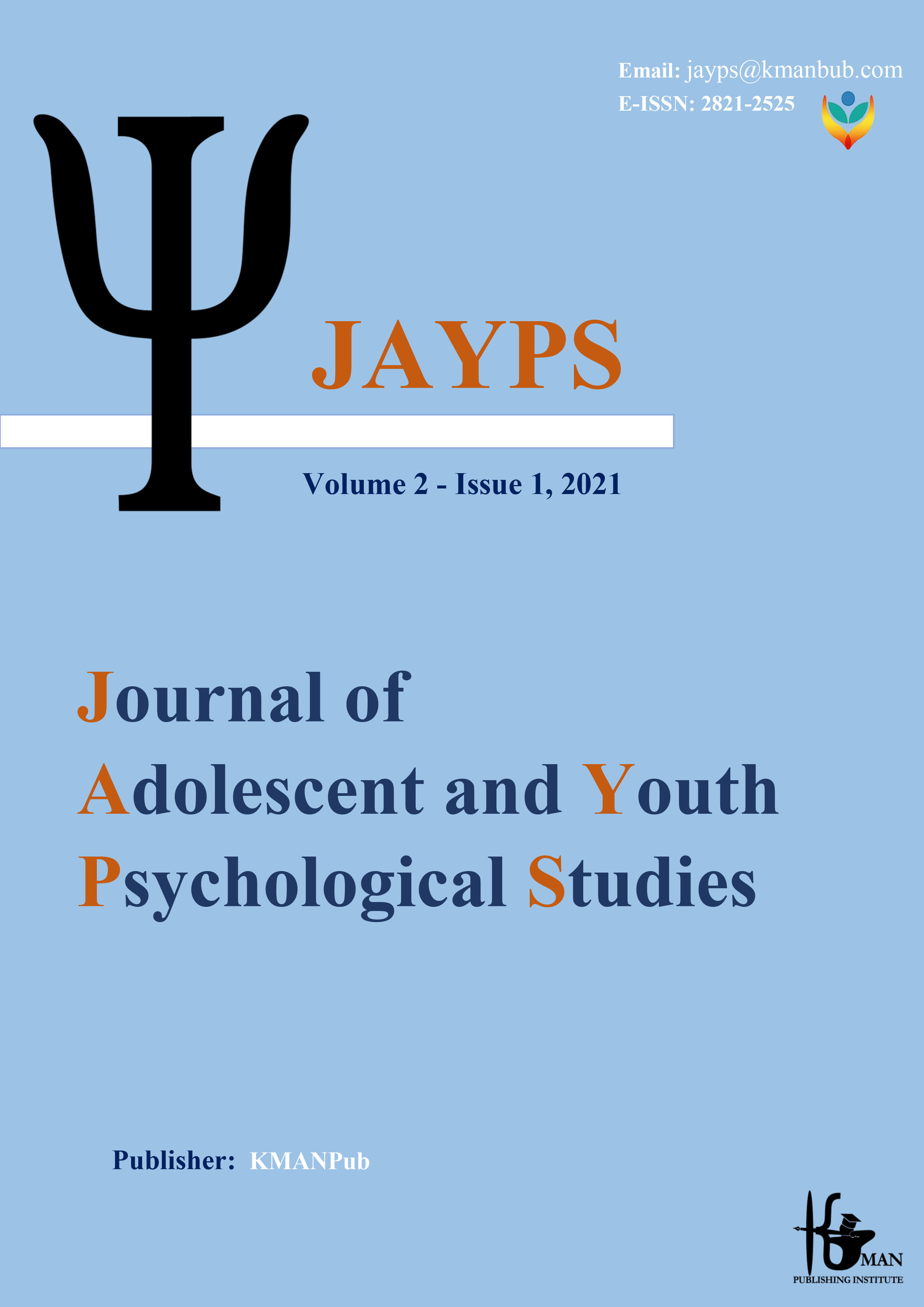The effectiveness of emotion-focused cognitive therapy on cognitive flexibility and rumination of adolescents with practical obsessive-compulsive disorder
Keywords:
emotion-oriented, cognitive therapy, flexibility, rumination, obsessive-compulsiveAbstract
Background and purpose: obsessive-compulsive disorder is a serious disorder that affects other psychological and cognitive processes of adolescents. Therefore, this study was conducted with the aim of determining the effectiveness of emotion-based cognitive therapy on cognitive flexibility and rumination of adolescents suffering from obsessive-compulsive disorder. Methods: The research method was semi-experimental with a pre-test-post-test design and follow-up with a control group The statistics of the research were all adolescents with obsessive compulsive disorder in the city of Tehran in 2021. The sample size of the study included 30 adolescents with obsessive-compulsive disorder who were selected by the available sampling method and according to the inclusion and exclusion criteria of the study. The experimental group received 10 90-minute weekly sessions of emotion-oriented cognitive therapy intervention. The questionnaires used in this research include the obsessive-compulsive questionnaire (Hodgson and Rachman, 1977); Cognitive Flexibility Handbook (Dennis & Vanderwaal, 2010); Questionnaire was rumination responses (Hoeksma and Marver, 1991). The data were analyzed by variance analysis with repeated measurements in spss software version 22. Results: The findings showed that in the post-test there was a significant difference between the experimental and control groups in terms of cognitive flexibility and rumination of adolescents suffering from obsessive-compulsive disorder (P<0.001). In other words, emotion-oriented cognitive therapy intervention improved the cognitive flexibility and rumination of adolescents suffering from obsessive-compulsive disorder. Conclusion: According to the findings of the present study, it is possible to suggest emotion-oriented cognitive therapy intervention as an effective method to increase the cognitive flexibility and rumination of adolescents suffering from obsessive-compulsive disorder.
Downloads
Downloads
Published
Submitted
Revised
Accepted
Issue
Section
License

This work is licensed under a Creative Commons Attribution-NonCommercial 4.0 International License.









